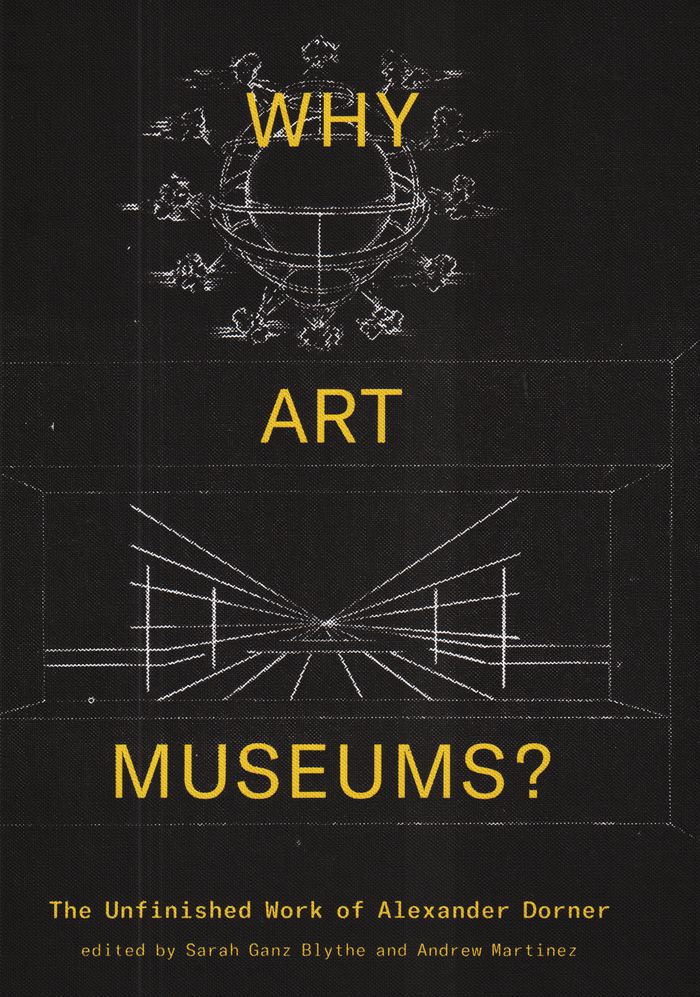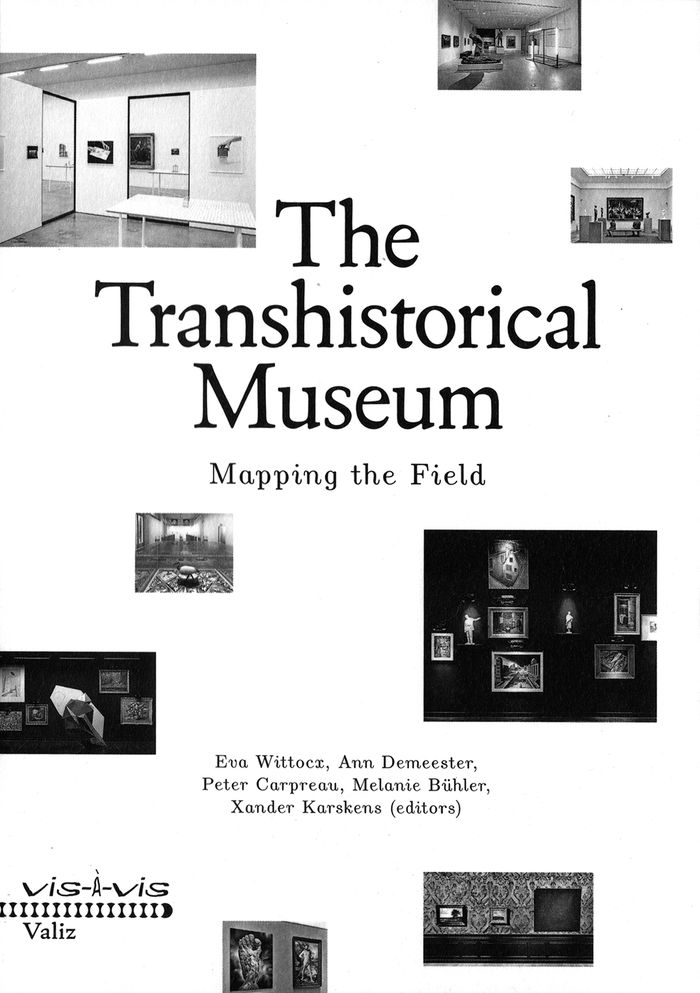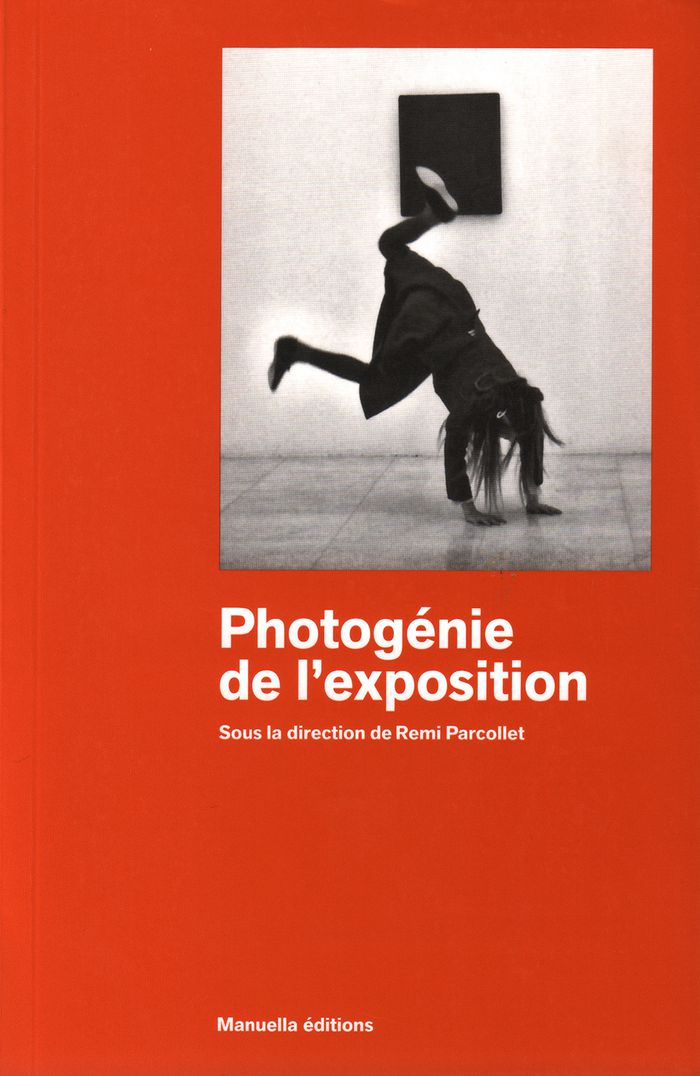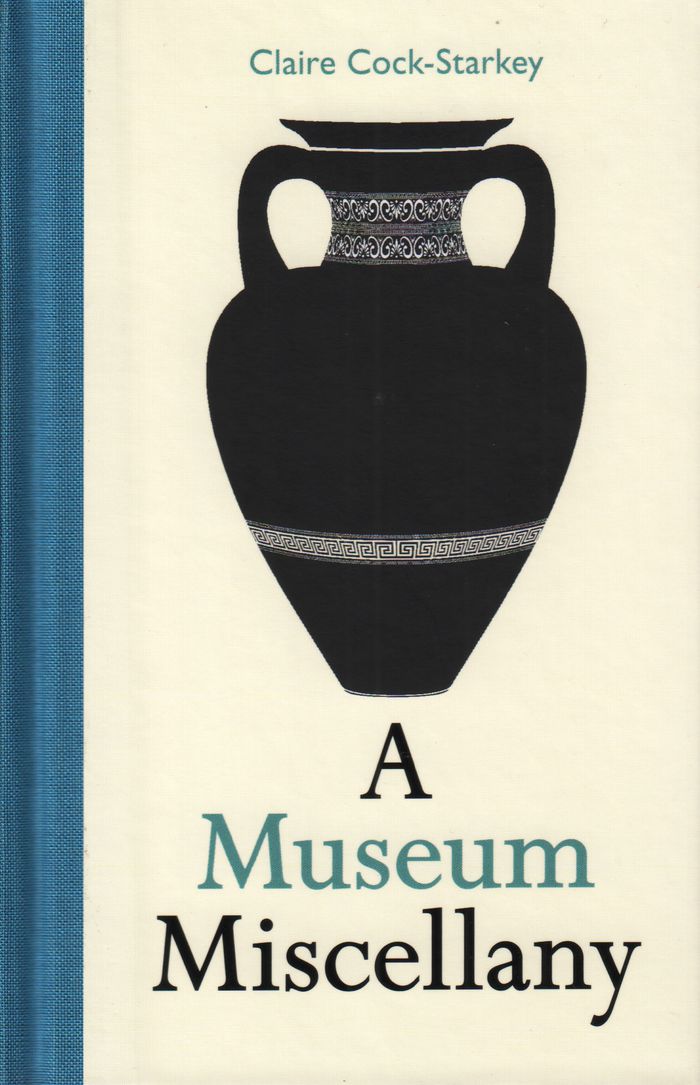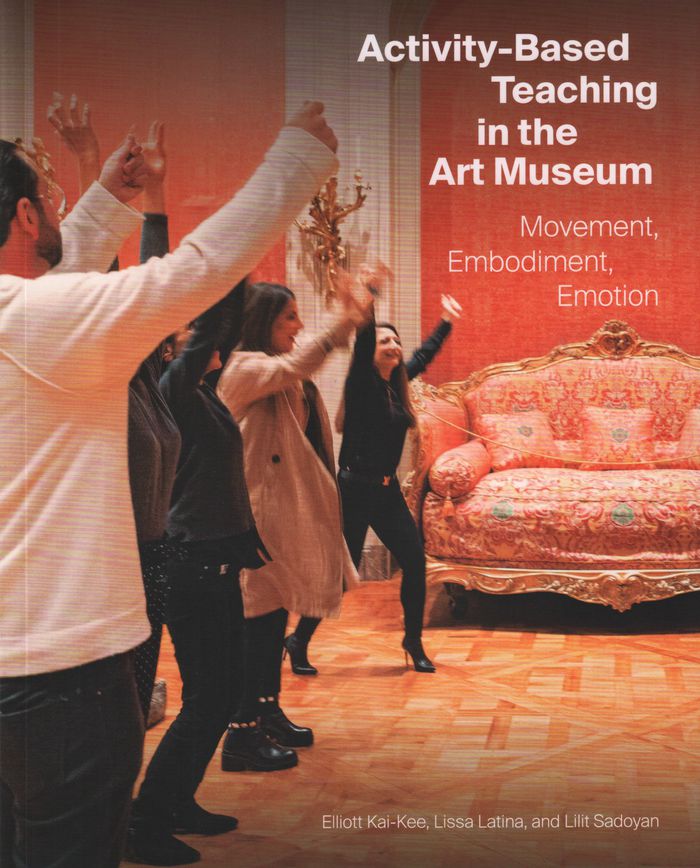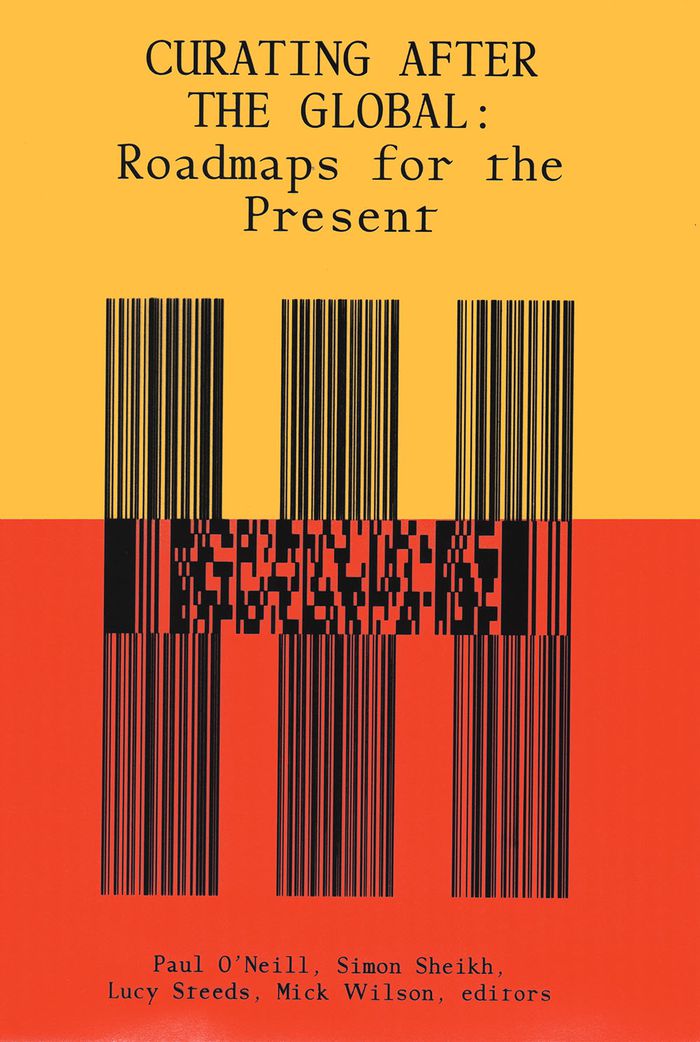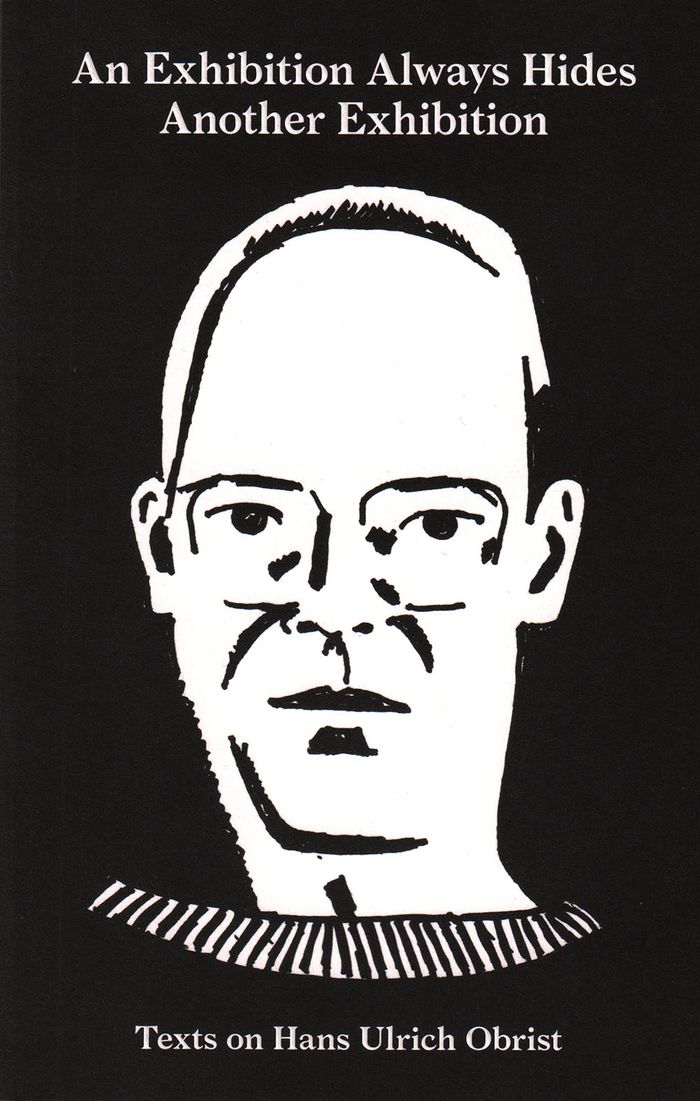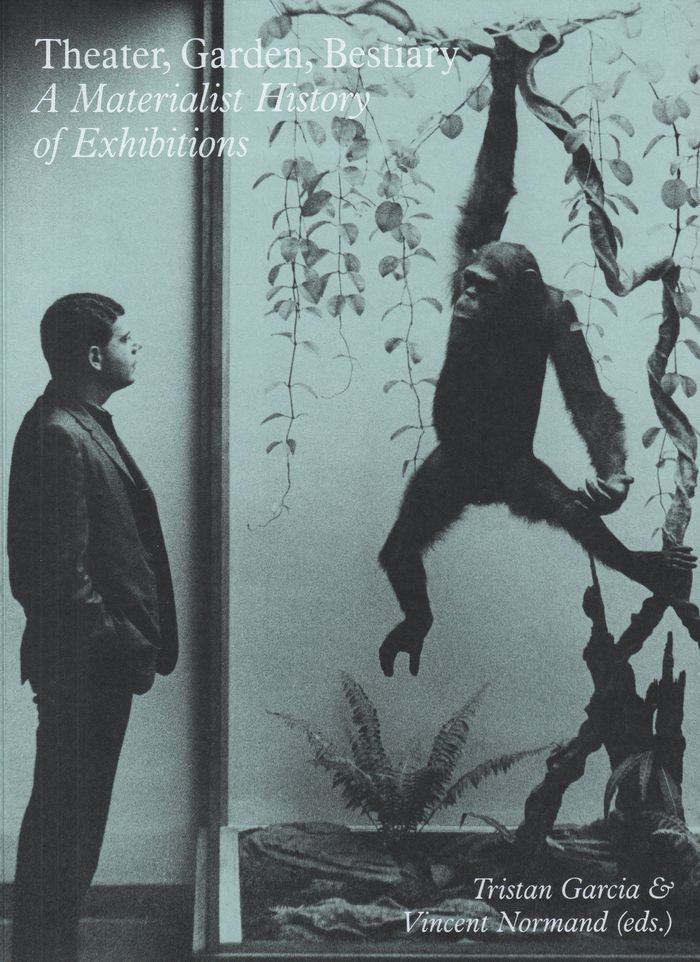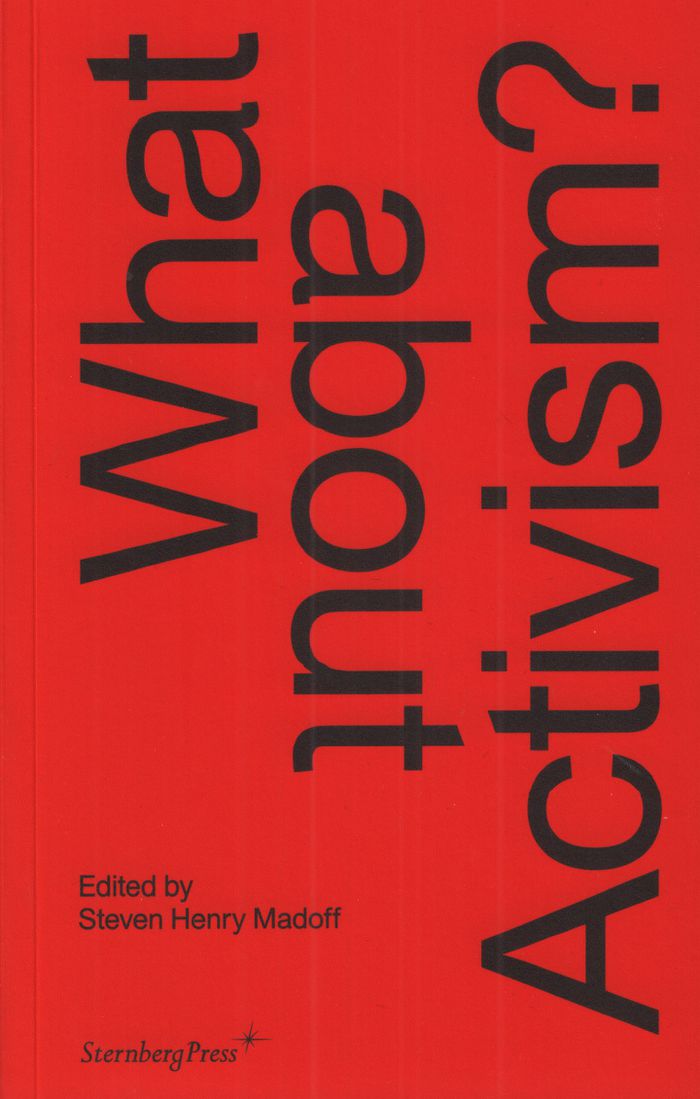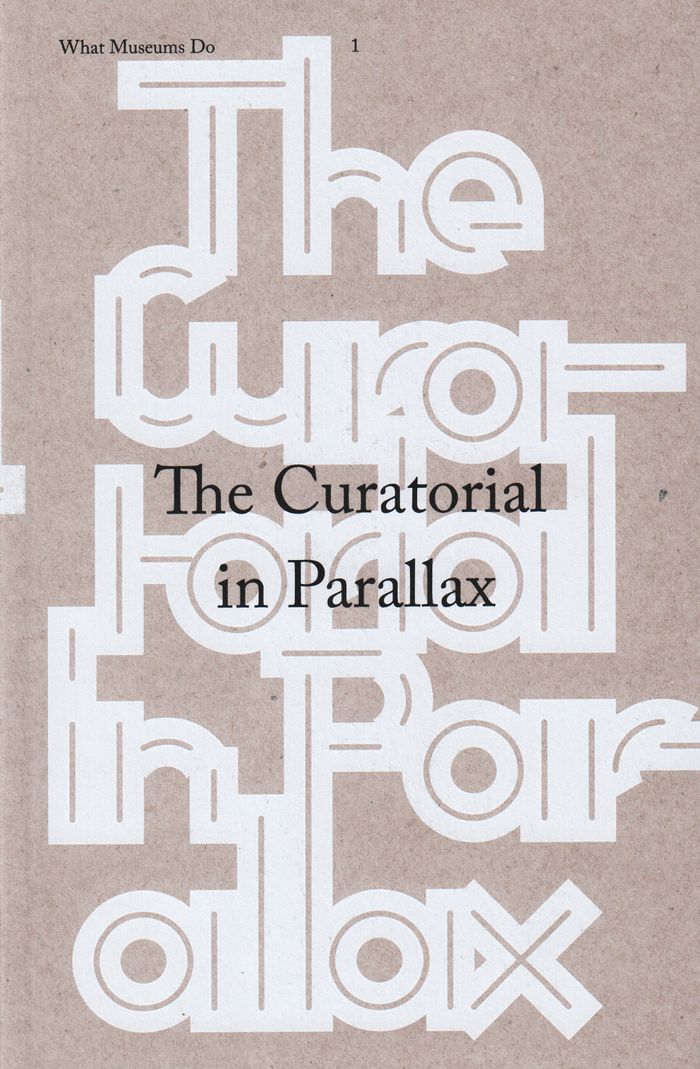$52.00
(disponible sur commande)
Résumé:
Alexander Dorner's radical ideas about the purpose of museums and art, examined through his tenure as Director of the RISD Museum.
Why art museums?: the unfinished work of Alexander Dorner
Actions:
Prix:
$52.00
(disponible sur commande)
Résumé:
Alexander Dorner's radical ideas about the purpose of museums and art, examined through his tenure as Director of the RISD Museum.
Muséologie
$45.00
(disponible sur commande)
Résumé:
Since the turn of the 21st century, there has been a significant expansion in the field of transhistorical exhibition practice—that is, exhibitions in which objects from various art-historical periods and cultural contexts are put on display together. These juxtapositions are made in an effort to question traditional museological notions like chronology, context and(...)
The transhistorical museum: mapping the field
Actions:
Prix:
$45.00
(disponible sur commande)
Résumé:
Since the turn of the 21st century, there has been a significant expansion in the field of transhistorical exhibition practice—that is, exhibitions in which objects from various art-historical periods and cultural contexts are put on display together. These juxtapositions are made in an effort to question traditional museological notions like chronology, context and category in the space of the museum itself. Drawing on the expertise of a wide range of international museum professionals, "The Transhistorical Museum: Mapping the Field" considers a range of such transhistorical curatorial efforts, exploring the rationale behind these projects, the particular challenges they present and the particular rewards they can offer. This volume surveys the history and future potential of the phenomenon of the transhistorical museum.
Muséologie
Photogénie de l'exposition
$29.95
(disponible sur commande)
Résumé:
L'exposition d'œuvres d'art est caractérisée par son aspect éphémère, elle finit toujours par disparaître pour ne rester dans la mémoire qu'à travers les traces que sont les catalogues et les archives. Parmi ces archives les vues d'expositions jouent un rôle à la fois singulier, transparent et déterminant. Photographie et Exposition sont étroitement liées, toutes deux(...)
Photogénie de l'exposition
Actions:
Prix:
$29.95
(disponible sur commande)
Résumé:
L'exposition d'œuvres d'art est caractérisée par son aspect éphémère, elle finit toujours par disparaître pour ne rester dans la mémoire qu'à travers les traces que sont les catalogues et les archives. Parmi ces archives les vues d'expositions jouent un rôle à la fois singulier, transparent et déterminant. Photographie et Exposition sont étroitement liées, toutes deux consistent à « montrer » et surtout à « mettre en lumière». Cet ouvrage fait le point sur le nouveau statut des photographies de vues d’exposition : fonction documentaire complexe, entre archive et support de représentation, elles n’ont pas qu’une valeur testimoniale, mais s’inscrivent aussi dans le contexte postmoderne comme des outils artistiques et curatoriaux.
Muséologie
A museum miscellany
$26.95
(disponible sur commande)
Résumé:
'A Museum Miscellany' celebrates the intriguing world of galleries and museums, from national institutions such as the Louvre, the British Museum, and the Metropolitan Museum of Art to niche collections such as the Lawnmower Museum and the Museum of Barbed Wire. Here you will find a cornucopia of museum-related facts, statistics, and lists, covering everything from museum(...)
A museum miscellany
Actions:
Prix:
$26.95
(disponible sur commande)
Résumé:
'A Museum Miscellany' celebrates the intriguing world of galleries and museums, from national institutions such as the Louvre, the British Museum, and the Metropolitan Museum of Art to niche collections such as the Lawnmower Museum and the Museum of Barbed Wire. Here you will find a cornucopia of museum-related facts, statistics, and lists, covering everything from museum ghosts, dangerous museum objects, and conservation beetles to treasure troves, museum heists and the Museum of London’s fatberg.
Muséologie
$44.00
(disponible sur commande)
Résumé:
'Activity-Based Teaching in the Art Museum' offers diverse perspectives on embodiment, emotions, empathy, and mindfulness to inspire imaginative, spontaneous interactions that are firmly grounded in history and theory. The authors begin by surveying the emergence of activity-based teaching in the 1960s and 1970s and move on to articulate a theory of play as the(...)
Activity-based teaching in the art museum
Actions:
Prix:
$44.00
(disponible sur commande)
Résumé:
'Activity-Based Teaching in the Art Museum' offers diverse perspectives on embodiment, emotions, empathy, and mindfulness to inspire imaginative, spontaneous interactions that are firmly grounded in history and theory. The authors begin by surveying the emergence of activity-based teaching in the 1960s and 1970s and move on to articulate a theory of play as the cornerstone of their methodology.
Muséologie
$55.95
(disponible sur commande)
Résumé:
In this volume, an international, interdisciplinary group of writers discuss what it means to be global — or to be local — in the context of artistic, curatorial and theoretical knowledge and practice. Continuing the discussion begun in The Curatorial Conundrum (2016) and How Institutions Think (2017), Curating After the Global considers curating and questions of(...)
Curating after the global: roadmaps for the present
Actions:
Prix:
$55.95
(disponible sur commande)
Résumé:
In this volume, an international, interdisciplinary group of writers discuss what it means to be global — or to be local — in the context of artistic, curatorial and theoretical knowledge and practice. Continuing the discussion begun in The Curatorial Conundrum (2016) and How Institutions Think (2017), Curating After the Global considers curating and questions of locality, geopolitical change, the reassertion of nation-states, and the violent diminishing of citizen and denizen rights across the globe.
Muséologie
$32.00
(disponible sur commande)
Résumé:
What does it mean to be HUO? What does it mean to be a curator? Is there anything less interesting to me (or you?) than selecting artists for exhibitions? In an era of, let's call it, “boutique” art shows, the issue seems about as relevant as Diet Coke. But if anything, Hans is the Real Thing. Hans is Coca-Cola. In this book you'll find personal, anecdotal remarks on(...)
An exhibition always hides another exhibition: texts on Hans Ulrich Obrist
Actions:
Prix:
$32.00
(disponible sur commande)
Résumé:
What does it mean to be HUO? What does it mean to be a curator? Is there anything less interesting to me (or you?) than selecting artists for exhibitions? In an era of, let's call it, “boutique” art shows, the issue seems about as relevant as Diet Coke. But if anything, Hans is the Real Thing. Hans is Coca-Cola. In this book you'll find personal, anecdotal remarks on HUO's character, republished texts, and portraits (by artists including Alex Katz) that give context to the questions that frame the book: “Who is HUO?” and “What does HUO do?” More so, “What has he done?” If the art world were to seek out a supreme leader who was benevolent, kind, and fair, HUO would be it.
Muséologie
$46.50
(disponible sur commande)
Résumé:
This volume gathers and expands upon the results of the research project "Theater, Garden, Bestiary: A Materialist History of Exhibitions," held at ECAL/University of Art and Design Lausanne, and proposes a history of exhibitions sourced from a wide corpus reaching beyond the framework of art institutions. It undertakes a transdisciplinary history at the nexus of art(...)
Theater, garden, bestiary: a materialist history of exhibitions
Actions:
Prix:
$46.50
(disponible sur commande)
Résumé:
This volume gathers and expands upon the results of the research project "Theater, Garden, Bestiary: A Materialist History of Exhibitions," held at ECAL/University of Art and Design Lausanne, and proposes a history of exhibitions sourced from a wide corpus reaching beyond the framework of art institutions. It undertakes a transdisciplinary history at the nexus of art history, science studies, and philosophy, exploring the role the exhibition played in the construction of the conceptual categories of modernity, and outlines a historiographical model that conceptualizes the exhibition as both an aesthetic and an epistemic site.
Muséologie
What about activism?
$35.00
(disponible sur commande)
Résumé:
With the global rise of a politics of shock driven by authoritarian regimes that subvert the rule of law and civil liberties, what paths to resistance, sanctuary, and change can cultural institutions offer? What about activism in curatorial practice? In this book, more than twenty leading curators and thinkers about contemporary art present powerful case studies,(...)
What about activism?
Actions:
Prix:
$35.00
(disponible sur commande)
Résumé:
With the global rise of a politics of shock driven by authoritarian regimes that subvert the rule of law and civil liberties, what paths to resistance, sanctuary, and change can cultural institutions offer? What about activism in curatorial practice? In this book, more than twenty leading curators and thinkers about contemporary art present powerful case studies, historical analyses, and theoretical perspectives that address the dynamics of activism, protest, and advocacy.
Muséologie
$48.00
(disponible sur commande)
Résumé:
Research is of paramount importance as a fundamental basis for everything that museums do. This publication engages with the diverse viewpoints of authors in the vanguard of theoretical discussions and curatorial practices, mapping out the multiplicity of endeavours to reform and transform research in relation to the art museum. From new theoretical models and specific(...)
The curatorial in Parallax (what museums do 1)
Actions:
Prix:
$48.00
(disponible sur commande)
Résumé:
Research is of paramount importance as a fundamental basis for everything that museums do. This publication engages with the diverse viewpoints of authors in the vanguard of theoretical discussions and curatorial practices, mapping out the multiplicity of endeavours to reform and transform research in relation to the art museum. From new theoretical models and specific forms of practice-based investigation and knowledge production, to the potential for change by the very dynamics of research, it shows that the concept of the curatorial is constantly shifting.
Muséologie
